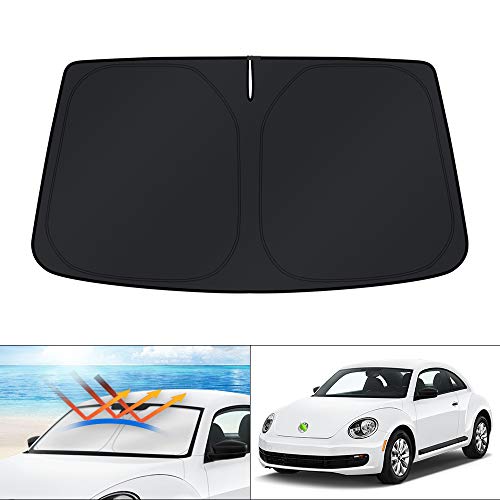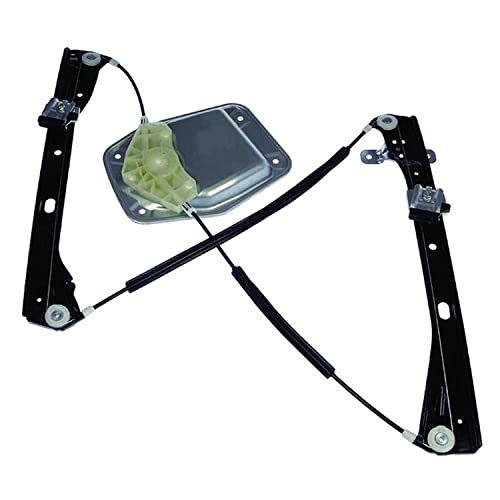The choice of tyre load rating can get a bit confusing. You have to look at the gross vehicle weight, which for a bus is around 2.3 tons. This is the maximum weight the vehicle can be when fully loaded. The unladen weight is the weight of the vehicle without the payload. For 'camping wagon' it's 3173lb according to my 1970 owner's manual, which is about 1442kg. So there's quite a bit of difference between the two weights.
If you take your bus camping and carry a lot of stuff then it's possible you'll come close to the gross weight. I don't really take a massive amount of gear, but sometimes may have two extra passengers (my daughters) and an awning so that would push the payload up a lot.
The VW T-Roc gross weight is 2070kgs so less than the gross weight of a bus. The tyres fitted are load rating of 92 so that's 630kg. (I googled this info)
So the gross weight of a bus is around 200kgs more. I'm not sure how that translates into load rating but obviously its more than 92.
Ultimately it's up to each owner to make their own choice as what is the best tyre for their bus. The owner's handbook recommends a tyre load capacity of 1520lbs or 690kgs, which is a load rating of 95.
I went for commercial tyres because they give more stablilty as the sidewalls are a lot stiffer than a car tyre. I also hit the kerbs a lot in car parks!
The tyres are also stockish height at 185/80. Other people may prefer lower profile tyres. The load rating is 102 or 850kg which is probably more than I'll ever need. (Hankook Vantra tyres)
By the way have you ever felt the difference in weight between a van tyre and a car tyre the same size, it's quite surprising how much heavier the van tyre is.





















